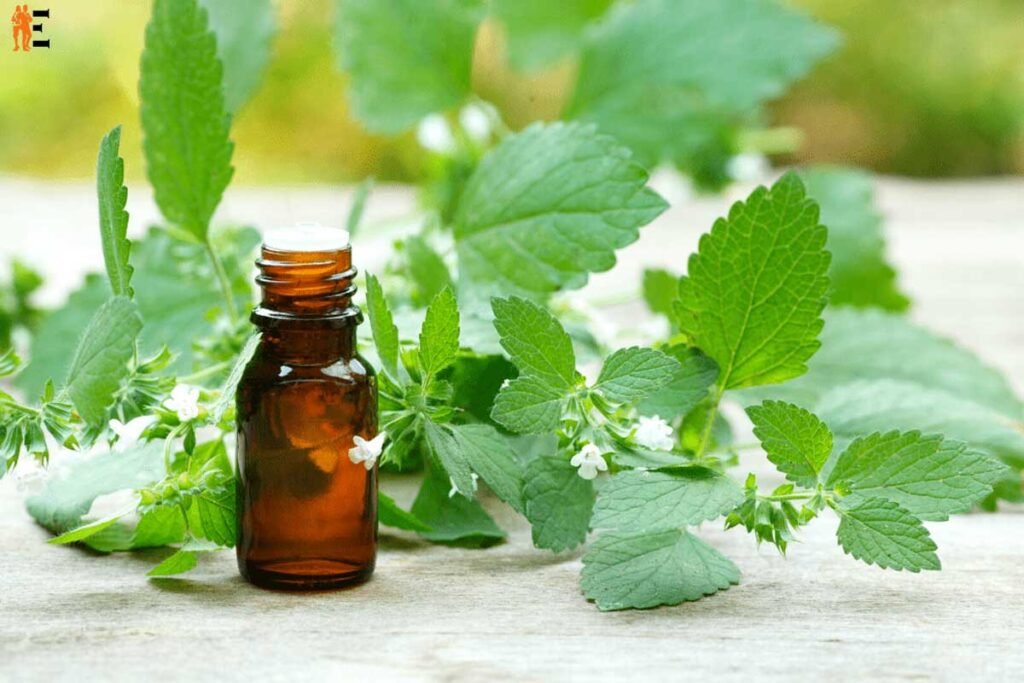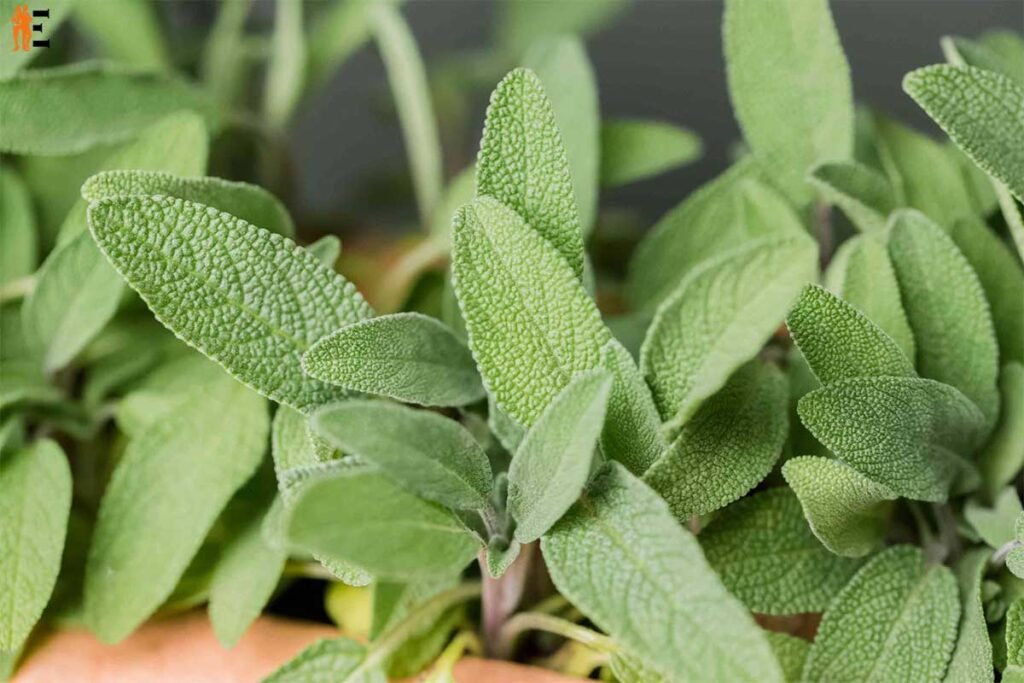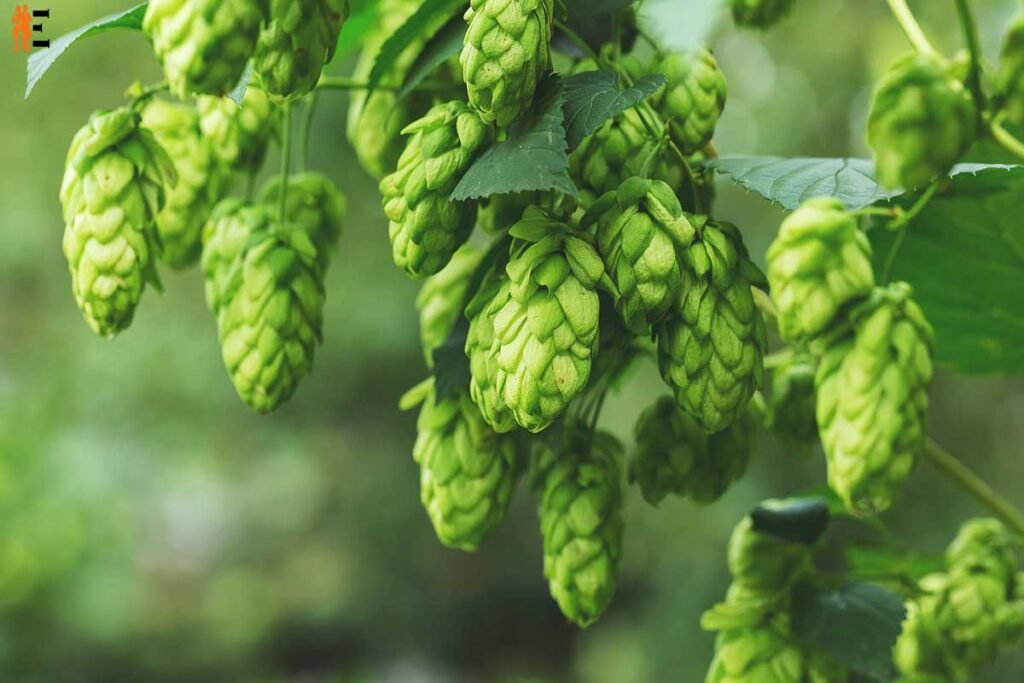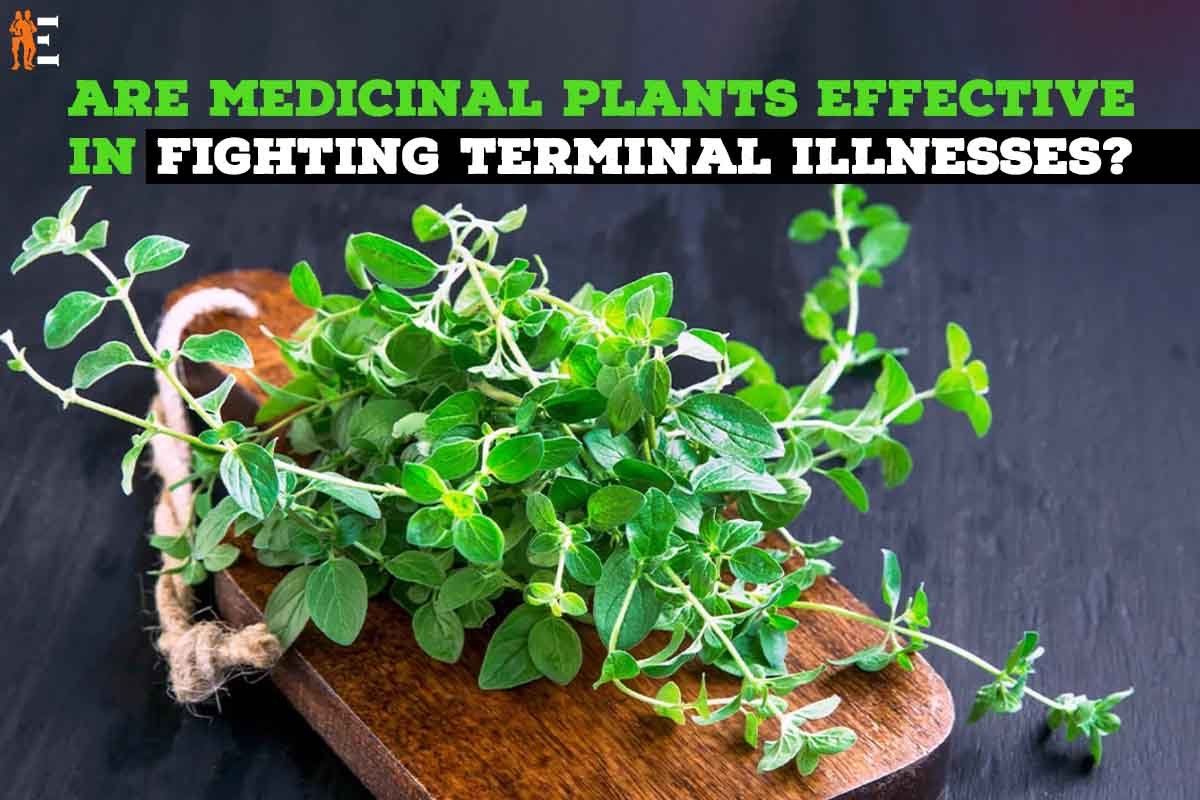INTRODUCTION
Creating our own dried herb teas is one of the most straightforward domestic health treatments.
Our initial thoughts regarding medicinal herbs may be about mending the body – Herbs for Emotional Healing and Confidence , are often used to enhance the immune system, ease pain, improve digestion, soothe skin, and promote physical health in a variety of other ways. But, herbs may also be used to assist our mental and emotional wellbeing. Herbs may be used to alleviate anxiety and moderate depression, promote relaxation and sleep, and increase attention and mental clarity.
There are so many plants that have been used for these reasons that providing a comprehensive list would be impossible. Those featured on the following pages, on the other hand, stand out as being especially simple and enjoyable to produce and use at home. Overall, these recommendations provide a variety of beautiful, sweet-smelling plants that are fantastic for your garden and can be converted into simple herbal teas.
Although the Herbs for Emotional Healing and Confidence listed here are typically safe to use in teas and other herbal preparations, before using these Herbs for Emotional Healing and Confidence in large quantities, for long-term usage, or to treat particular medical concerns, speak with your health-care practitioner. It’s a good idea to get expert help in determining a suitable dose and making sure you’re informed of any possible medication interactions or other negative effects. This is particularly true for pregnant or nursing women, as well as anybody using prescription drugs.
Here are 7 Best Herbs for Emotional Healing and Confidence;
1. Lemon Balm
(Melissa officinalis) is a green leafy perennial that looks like mint but has an unique lemony smell and one of the best Herbs for Emotional Healing and Confidence. This plant has a long history of usage in the treatment of stress and anxiety.

To Grow:
Begin with plants in late April. Lemon balm is often hardy to Zone 4. The plants may reach a height of 2 feet or more and make an attractive addition to a perennial garden, with their profuse green leaves and tiny white flowers when in bloom. It matures in around 70 days and grows rather quickly. Gather the leaves for use in tea, either fresh or dried.
2. For Your Health:
Lemon balm is a tea that has traditionally been used to treat insomnia and anxiety. Numerous investigations back up these therapeutic claims, albeit in some of these trials, lemon balm was coupled with other soothing plants like valerian. In fact, lemon balm may provide extra mental health advantages. Although additional study is required to consider lemon balm as one of the useful Herbs for Emotional Healing and Confidence, one exciting new result is that treating persons with mild to severe Alzheimer’s disease with lemon balm extract may help enhance cognitive performance and decrease agitation.
3. Rosemary
(Rosmarinus officinalis) is a Mediterranean-native, drought-tolerant, scented perennial shrub with little blue blooms. Although it is most recognized Herbs for Emotional Healing and Confidence, for its culinary applications, it may also improve mood and protect the brain.
To Grow:
Begin as plants in the spring, with well-drained soil and full light. Choose rosemary types with caution since they may grow extremely different: erect or trailing, compact or sprawling, and with varying degrees of cold resistance, but few are touted as hardy beyond Zone 6. In warm climates, rosemary may be grown as a hedge.
In colder locations, it’s best to plant it in a pot and bring it inside during the winter. Certain rosemary types (such as ‘Arp’ or ‘Hill Hardy’) may overwinter in milder climes if protected with thick mulch or other means. Rosemary matures in around 100 days and produces slender, needle-like leaves that may be trimmed off and consumed fresh or dried throughout the year.
For Your Health:
Anticancer and antioxidant effects of rosemary have been studied in the lab. One animal research shows that rosemary may have antidepressant properties, while a human study published in 2012 suggests that Herbs for Emotional Healing and Confidence , may enhance cognitive performance at modest dosages. Moreover, aromatherapy studies with rosemary have shown that the smell may boost memory, increase attention, and decrease stress.
4. Sage
Another popular culinary plant with a surprising amount of well-researched therapeutic properties is (Salvia officinalis). It is a Mediterranean perennial plant that may have memory and cognition-protective properties.

To Grow:
Begin as plants in the spring. Sage grows best in full light and well-drained soil. It may grow up to 3 feet tall and has lovely leaves and tiny, generally purple blooms, making it a charming addition to a herb garden or decorative border . Numerous types are hardy to Zone 4 and mature in 80 to 90 days. Harvest the leaves while taking care not to overprune. The leaves may be used fresh or dried to make tea.
For Your Health:
Sage has long been used to sharpen the mind, and a number of studies back that up, with both animal and human research demonstrating good benefits on sage for memory. A single dosage of sage boosted both mood and memory in one study’s subjects.
5. Lavender
English lavender (Lavandula angustifolia) is a bushy perennial plant. Its lovely upright blue or purple blooms have a powerful perfume that many people like.

To Grow:
Begin as plants in the spring in a location with full light and well-drained soil. Lavender may live in Zone 5 or even Zone 4 with mulch or other protection, particularly if you pick Munstead varieties, which grow small and bushy with exceptional cold endurance. Some varieties exceed 3 feet in height, and most plants mature in 100 to 110 days. The blooms may be picked and dried to make tea.
For Your Health:
Lavender is a well-known relaxing plant and is one of the best Herbs for Emotional Healing and Confidence. The essential oils are used in aromatherapy, but you may enjoy the perfume by growing lavender and utilizing it around the home, such as in pillows or by adding it to bath and cosmetic items. Some research suggests that taking lavender orally may help relieve anxiety.
6. Valerian
(Valeriana officinalis) is a tall perennial plant with fragrant white or pink blooms; nevertheless, it is often cultivated for its pungent roots, which have a long history of usage as a moderate sedative and is considered as the Herbs for Emotional Healing and Confidence.
To Grow:
Plant it in the spring, but don’t harvest the roots until the autumn of the second year. It’s hardy to Zone 3, although it dies back to the ground in the winter. Valerian prefers damp conditions and may grow to be 5 feet tall; it is often offered as “garden heliotrope.” When it’s time to harvest, pull up the whole plant and scrape dirt from the roots before storing it in a warm spot to dry. The roots are often used in tea, where they are mixed with lemon balm and hops.
For Your Health:
A lot of research back up valerian’s good benefits on encouraging sleep as a relaxing Herbs for Emotional Healing and Confidence , particularly for insomnia. After 28 days, the valerian group reported less insomnia symptoms than the placebo group. It is also used to treat anxiety, however research findings have been inconsistent, and further research is required.
7. Hops
Tall perennial vines cultivated for their green cone-shaped blossoms (Humulus lupulus). These flowers, sometimes known as strobiles, have a moderate calming effect that many people appreciate in tea and beer.

To Grow:
Hops thrive in good soil, full light, and a 10- to 20-foot-tall trellis. Hops are grown from rhizomes, which are available from many garden supply stores that also sell fruit trees, such as Stark Brothers and Fedco Trees. Plant rhizomes at least 3 feet apart and a foot deep. Several cultivars are hardy to Zone 5 or above and may be harvested as early as the second year. As the green cones turn papery, you will see a yellow powder. Let them to dry well after selecting, and then freeze if not going to use straight away.
For Your Health:
Numerous research back up hops’ usage as a sedative. More recent study reveals a further advantage: Hops contain xanthohumol, a chemical that Herbs for Emotional Healing and Confidence, laboratory studies indicate may help protect brain cells from the kind of damage that may lead to Alzheimer’s and Parkinson’s disease.











